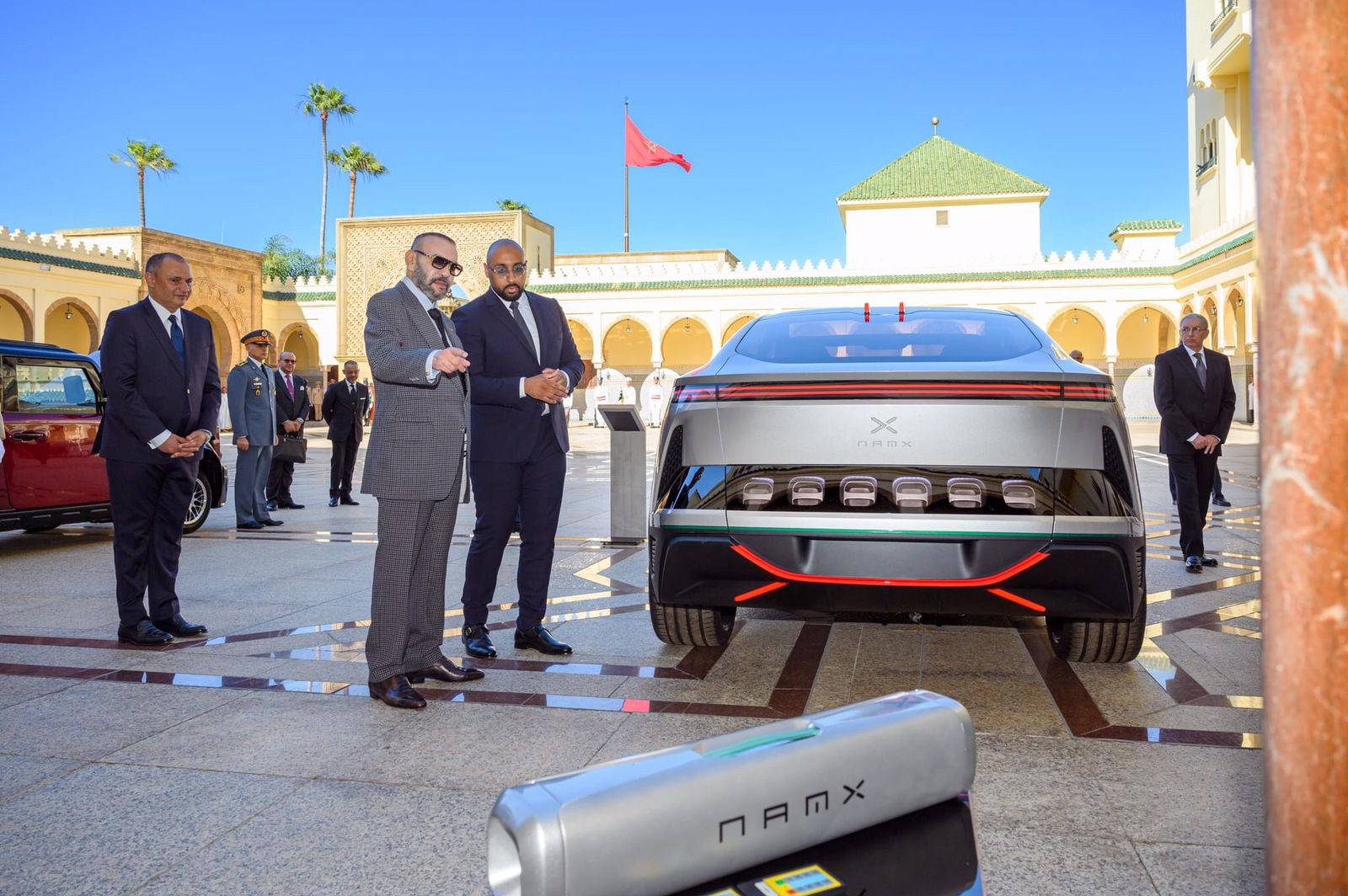
At the 4th Intra-African Trade Fair in Algiers, officials from Tunisia and Algeria revealed an ambitious project to develop a car entirely produced from African components.
Lazhar Bennour, Director General of Economic and Commercial Cooperation at the Tunisian Ministry of Commerce, presented the initiative as a model for regional industrial cooperation aimed at strengthening intra-African trade and manufacturing.
The project leverages the complementary strengths of the two countries: Tunisia’s expertise in component manufacturing and vehicle assembly, and Algeria’s rapidly growing automotive market, which is seeking to expand its local production capacity.
The proposed vehicle is expected to qualify for an African certificate of origin, incorporating parts from multiple countries on the continent.
“This approach not only stimulates a regional value chain but also strengthens economic exchanges within the Maghreb and beyond,” Bennour said, highlighting the broader ambition of the initiative.
The initiative goes beyond automobile production.
It is envisioned as a symbol of African industrial capability, demonstrating that regional collaboration can rival international production chains while retaining resources and added value within the continent. For consumers, the project promises vehicles designed to meet local conditions, with easier maintenance and adaptation to African infrastructure.
Experts believe the project could serve as a blueprint for other industrial sectors, encouraging neighboring countries to pool technical expertise and production resources. By demonstrating tangible regional cooperation, the Tunisian-Algerian automobile project could become a flagship example of how the African Continental Free Trade Area (AfCFTA) can translate trade agreements into real industrial outcomes.
The announcement reflects a growing trend across the Maghreb, where targeted partnerships aim to create high value-added products for local and regional markets. These efforts are intended to transform the region into a dynamic economic engine for the continent, combining market potential, skilled labor, and regional resources into competitive, Africa-originated goods.
If successful, the project could signal the emergence of a fully African automotive industry, inspiring similar initiatives across other sectors and reinforcing the continent’s industrial autonomy while promoting sustainable regional economic development.



